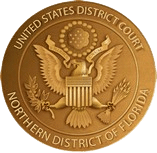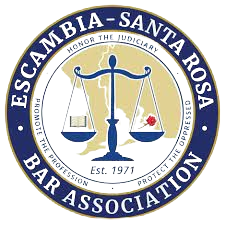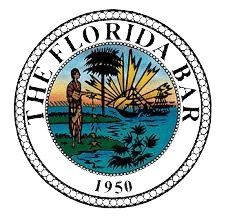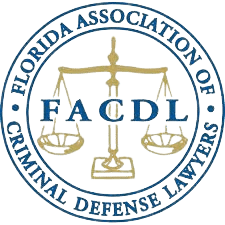
According to Florida Statute 784.048, stalking is any type of persistent harassment that poses a real risk of damage. Harassment is a behavior pattern that:
- Focuses on a single individual
- Causes significant emotional discomfort
- Serves no useful purpose
The offense of stalking includes a wide range of actions. Here are a few examples:
- Gathering details about someone without their consent
- Unwelcome contact through phone calls, texts, mail, letters, or gifts.
- Threatening a person’s family, friends, or pets
- Capturing images or videos without consent
- Monitoring a person’s online behavior
- Unwanted visits to a person’s house, workplace, or study institution
- Destroying someone’s property
What are the penalties for stalking in Florida?
Florida Law makes two distinctions for stalking offenses:
Simple stalking
- No minors involved
- No existing restraining order
- No threats involved
Simple stalking is considered a first-degree misdemeanor, and the punishment may involve up to $1,000 in fines, a year in jail, and a one-year probation period. Additionally, the court can mandate counseling or therapy and allow the plaintiff to request a restraining order against the stalker.
Aggravated Stalking:
Aggravated stalking is considered a third-degree felony and involves a punishment of up to $5,000 in fines and a maximum of five years in prison. The plaintiff can also request a restraining order. Aggravated stalking has several forms:
- Aggravated stalking against a child under the age of 15
- Aggravated stalking with credible threats involved
- Aggravated stalking when there is an existing restraining order against the accused
- Aggravated stalking with the accused previously being convicted of lewd or lascivious crimes upon or in the presence of someone under 16.
Even if you are innocent, you should always treat the crime of stalking seriously. Don’t interact with the cops without a criminal defense lawyer nearby. Let Mitkevicius Law assist you.
View All Blogs




